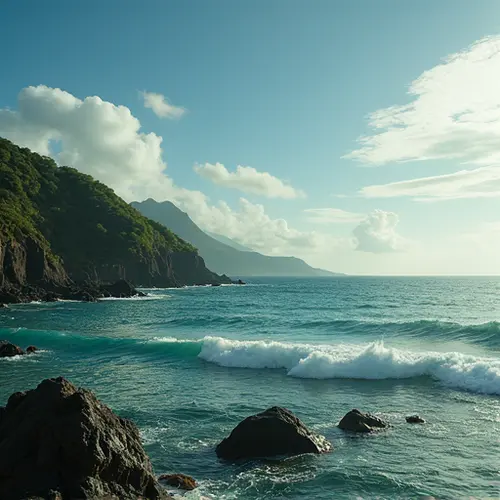
Pacific Islands Seek Climate Change Reparations
Leaders from Pacific Island nations are intensifying their calls for climate change reparations as rising sea levels threaten their very existence. These nations, which contribute minimally to global greenhouse gas emissions, are among the most vulnerable to the impacts of climate change, including coastal erosion, saltwater intrusion, and extreme weather events.
The Push for Funding
At the forefront of this movement is Vanuatu, which has spearheaded efforts to hold major polluters accountable. The country, along with other Pacific Island nations, is advocating for financial support to address the irreversible damage caused by climate change. "We are not asking for charity," said a Vanuatu representative. "We are demanding justice for the harm inflicted upon us by industrialized nations."
Legal Battles and International Hearings
The International Court of Justice (ICJ) recently held historic hearings on climate justice, where Pacific Island leaders presented compelling arguments about the legal obligations of states to mitigate climate change. The hearings, which concluded in December 2024, saw over 90 nations and 11 international organizations participate, marking a significant step toward global accountability.
Challenges and Opposition
Despite the overwhelming support from climate-vulnerable nations, major polluters like the United States and Russia have resisted calls for reparations, arguing that existing climate treaties like the Paris Agreement should suffice. However, Pacific Island leaders and their allies argue that these treaties do not go far enough to address the historical and ongoing harm caused by excessive emissions.
The Road Ahead
The ICJ is expected to deliver its advisory opinion in 2025, which could set a precedent for future climate litigation. Meanwhile, Pacific Island nations continue to explore innovative solutions, such as digital archiving of their cultures and territories, to preserve their heritage in the face of existential threats.

 Nederlands
Nederlands
 English
English
 Deutsch
Deutsch
 Français
Français
 Español
Español
 Português
Português